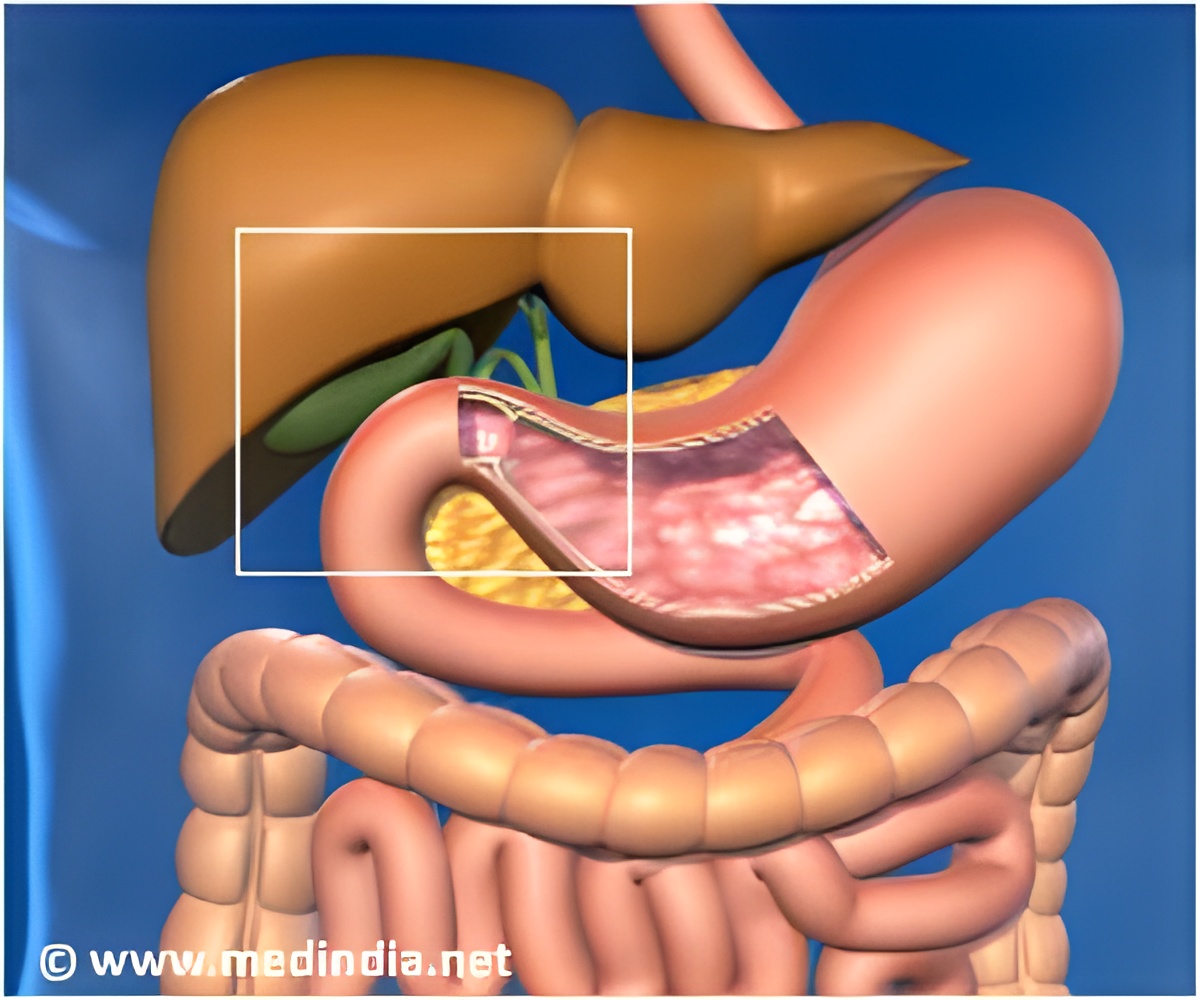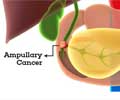A key pathway, called wnt, that drives tumor growth in bile duct cancer has been discovered and a new class of experimental drug could help the patients with bile duct cancer.

Researchers found that the treatment prevented the growth of bile duct cancer cells in the lab and shrank tumours in animals with the disease. They are now planning to test whether these drugs will be effective in patients.
The bile ducts are a network of tubes that drain toxins from the liver. Bile duct cancer - known as cholangiocarcinoma - is often diagnosed at an advanced stage, which makes it very difficult to treat with surgery.
Cholangiocarcinoma typically does not respond to chemotherapy. Fewer than one in twenty patients will survive for five years after diagnosis. Around 1000 patients are affected each year in the UK.
The study was led by the University of Edinburgh and is published in the Journal of Clinical Investigation. It was funded by Cancer Research UK; AMMF, The Cholangiocarcinoma Charity; and the Medical Research Council.
Professor Stuart Forbes, of the MRC Centre for Regenerative Medicine at the University of Edinburgh, said: "We are excited by these results because these drugs are already being tested in clinical trials for other types of cancer and could be beneficial for patients with cholangiocarcinoma."
Advertisement
Helen Moremont, Chairman Trustee of AMMF, The Cholangiocarcinoma Charity, said: "This is potentially very exciting. Cholangiocarcinoma is an under-researched, much neglected but truly devastating disease, so it is good to see progress being made in novel areas. We are hopeful that this research work with Wnt will provide a real step forward towards a clinical trial and some long awaited possible improvements in treatment."
Advertisement















